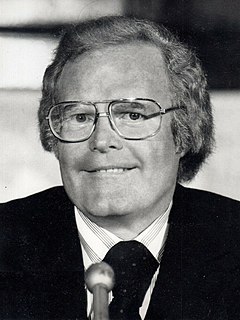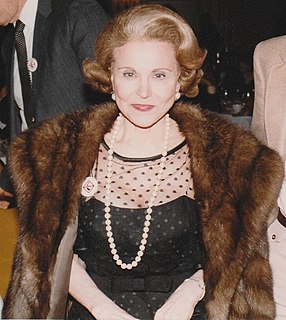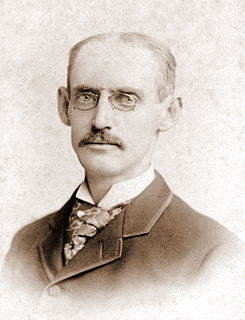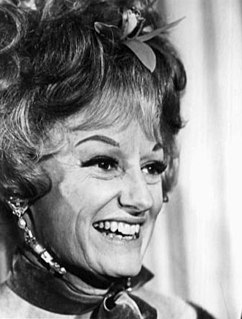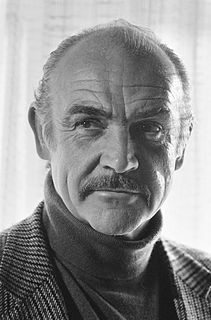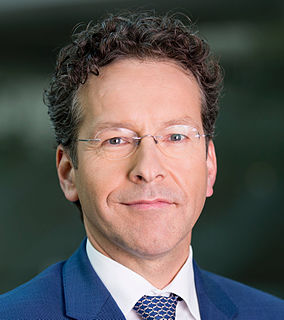A Quote by Peter Mayle
When I was very young in London, I had a bank account, which didn't have a great deal in it. I should think at least every three months the bank manager would call me up and threaten to strangle me because I had no money, and I was writing checks.
Related Quotes
I went to the library and learned how checks work. I found out that routing numbers are like zip codes: the checks are sent to the bank that correlates to the routing number. If I manipulate those numbers to a bank far away, it would take longer to get back to the bank, which gave me more time to write more bad checks.
Imagine you had a bank that each morning credited your account with $1,440 - with one condition: whatever part of the $1,440 you failed to use during the day would be erased from your account, and no balance would be carried over. What would you do? You'd draw out every cent every day and use it to your best advantage. Well, you do have such a bank, and its name is time. Every morning, this bank credits you with 1,440 minutes. And it writes off as forever lost whatever portion you have failed to invest to good purpose.
The most important thing in your life is your health and your body. You can have all the education and you can have millions of dollars in the bank, but if you've got headaches every day, if you're fat and you are out of shape - what good is your money? Your health account and your bank account, build them both up!
Then came the second Amsterdam discovery, although the principle was known elsewhere. Bank deposits...did not need to be left idly in the bank. They could be lent. The bank then got interest. The borrower then had a deposit that he could spend. But the original deposit still stood to the credit of the original depositor. That too could be spent. Money, spendable money, had been created. Let no one rub his or her eyes. It's still being done-every day. The creation of money by a bank is as simple as this, so simple, I've often said, that the mind is slightly repelled.
After I began to make some money, my brain-damaged accountant put me in one business after another that went bad. The only one that panned out was a small bank, an old Scottish firm with London offices in Pall Mall. I was a director. We sold out to a larger bank. That was the only successful venture I've had, apart from acting.
What we've done last night is what I call pushing back the risks..If there is a risk in a bank, our first question should be 'Okay, what are you in the bank going to do about that? What can you do to recapitalise yourself? If the bank can't do it, then we'll talk to the shareholders and the bondholders, we'll ask them to contribute in recapitalising the bank, and if necessary the uninsured deposit holders.



